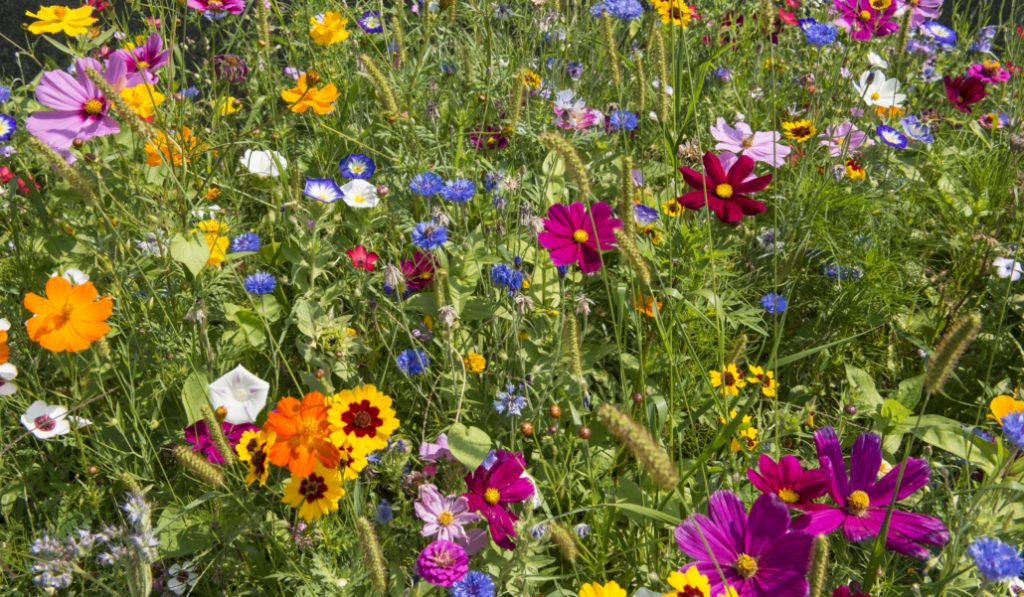Tuesday, April 16, 1:00 pm – 2:00 pm Eastern – Planting for Pollinators: How to Find the Right Native Plants for Your Area, Online
There’s no going wrong with native plants — from increasing biodiversity to requiring less maintenance, these plants benefit the health of the environment as well as the wildlife that depends on them. Native plants are also a particularly valuable source of food for pollinators, and pollinator gardens can have a positive impact on the local community as well as local wildlife.
With Native Plant Month and Earth Day approaching, it’s the perfect time to start adding native, pollinator-friendly plants to your corporate gardens. However, it can be challenging to know which plants are native for your specific location. Since 1973, the National Wildlife Federation’s Garden for Wildlife program has worked to simplify the plant selection process by connecting people to their local native plants. In this free webinar on April 16 at 1 pm Eastern, Garden for Wildlife CEO Shubber Ali will share how corporate native plantings have a positive impact not only on the ecosystem, but also on the community, employees and the company’s bottom line.
What you’ll learn:
- Why it’s important to garden for wildlife, specifically pollinators
- How to determine the right native plants for your area and where to source them
- Tips for incorporating native plants into a corporate setting
Who should take this webinar:
- Corporate conservation programs interested in using native plants
- Companies that want to use native landscaping to support the biodiversity of their community
- Anyone interested in supporting pollinators in their area
Register at www.wildlifehc.org


